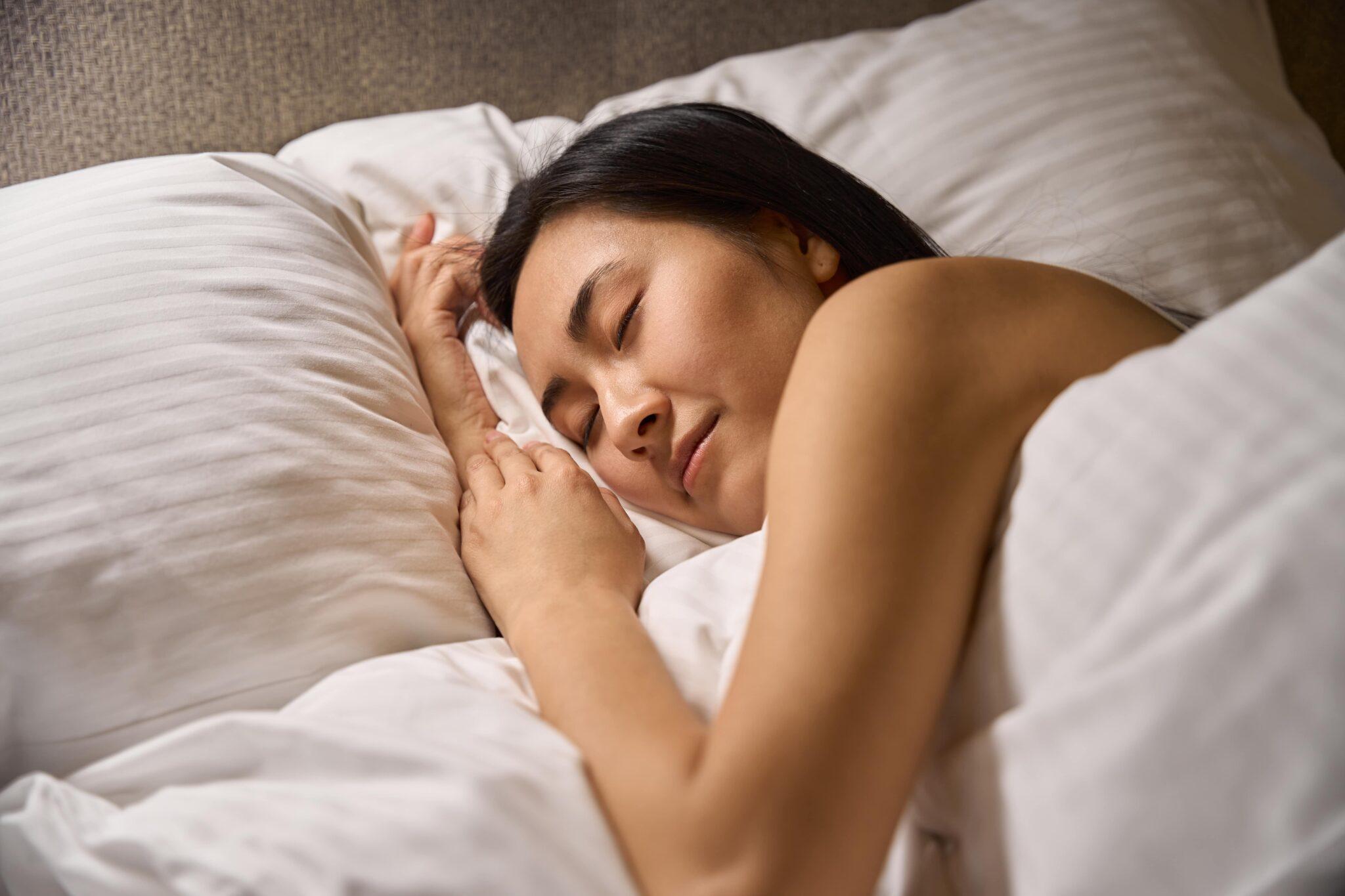Insomnia is common and a Singapore study found that it affects 15.3% of the local population. It is more than a night time problem and can adversely affect our entire day in terms of mood, relationships, sharpness of mind and school/work performance. Over the long term, sleep difficulties also impact our physical health, increasing the risks of obesity, diabetes, heart disease, and even some forms of cancers.
Risk factors
- Female gender
- Shift workers (e.g. nurses)
- Older people
- Poor sleep hygiene (or habits) like taking long naps, drinking coffee or tea after 12 noon, spending too much time in bed and lack of regular exercise.
- Medical conditions – chronic pain (e.g. joint pain or low back pain), Parkinson’s disease, thyroid disorders, heartburn
- Psychiatric conditions such as depression, bipolar disorder, anxiety disorders, adjustment disorder and early dementia.
- Some medications for asthma, blood pressure, weight loss and allergies.
- Stressful life events
SYMPTOMS
People with insomnia have difficulties falling asleep or frequent awakenings throughout the night. They may also find themselves waking way earlier than desired. In “Insomnia Disorder”, a chronic condition, the person experiences insomnia at least 3 nights per week for at least 3 months. People with insomnia often feel stressed and tense as bedtime approaches, because they worry about not falling asleep. Ironically, these worries about not sleeping and their consequences the following morning (e.g. poor concentration at work, not being able to drive well) makes them even more alert and impossible to fall asleep. This is the vicious cycle of chronic insomnia. Acute insomnia is short-term insomnia and there is usually an identified cause. These could be jet lag, being in a new environment (e.g. new house) or experiencing a stressful event in life (e.g. death of loved ones).
Treatment
- Cognitive-Behavioural Therapy is an effective treatment for insomnia. The patient works with the therapist to change unhelpful thinking, foster good sleeping habits and learn relaxation techniques. Lifestyle strategies like exercising in the day and incorporating a consistent bedtime ritual are helpful too.
- Medications are highly effective when paired with improvements in sleep habits. These include antidepressants which induce sleep. They have the added benefit of reducing anxiety related to insomnia. Sleep medicine are effective but some of them can be habit forming. Therefore, these stronger sleep medications (known as hypnotics) should not be used more than a few times per week, under the close supervision of a psychiatrist. Certain prolonged-released formulations of Melatonin may be helpful for older people with insomnia.
Other Sleep Disorders
We also evaluate for and treat other sleep disorders such as:
- Circadian Rhythm Disorders – a heterogenous group of disorders in which the biological clock of the individual is disrupted and not in sync with the rest of the population. CRD can cause major impairment in academic studies and work performance. The good news is that it can be easily treated with Bright Light Therapy, lifestyle interventions, and certain type of medications or supplments.
- Restless Legs Syndrome – the affected person experiences an intense urge to move his or her legs which disturbs his sleep or causes him to stay awake at night. This intense urge to walk to move is the strongest around bedtime, and is relieved by movement or stretching the leg muscles. However the relief is short-lived and the restlessness returns when the limbs at at rest. Medications are effective to treat RLS.
- Sleep walking and Sleep talking – This is called “somnambulism” and most often occurs in very young children. Usually a benign problem, the focus is on environmental modifications to prevent accidental injuries during the episodes, and parental advice on how to manage the episodes.
- REM Sleep Behaviour Disorder –Dreams are a normal part of sleep and tend to occur more in the second half of our night time sleep. This is because dreams occur exclusively during the REM (rapid eye movement) phase of sleep which is more pronounced as the night goes. During REM sleep, there is physiological, normal and complete paralysis of our muscles. In REM Sleep Disorder however, this normal paralysis is impaired thus the person acts out his dreams. This usually manifest as struggling, kicking or vocalizations while the person remains asleep.
- We also evaluate for risk of Obstructive Sleep Apnea (OSA), Narcolepsy and other mental health problems related to sleep. For specific sleep conditions, we may refer you to another specialist for treatment eg. Ear Nose Throat specialist for OSA and neurologist for Narcolepsy.
Seek Help Today
Call or WhatsApp for an appointment with our psychiatrists or psychologists for an in-depth 60-
minute assessment of your insomnia or other sleep problems. Treatment is safe and effective.
There are now many non-addictive medications that can help you sleep well.
We will also provide advice and guidance on healthy sleep habits, lifestyle strategies and mindfulness techniques to relax your mind. Better sleep can help you achieve better grades in school and better performance at work; improve relationships with your loved ones and allow you to experience greater zest and satisfaction in life.
We will also provide advice and guidance on healthy sleep habits, lifestyle strategies and mindfulness techniques to relax your mind. Better sleep can help you achieve better grades in school and better performance at work; improve relationships with your loved ones and allow you to experience greater zest and satisfaction in life.
related article
- Obesity and Weight Management
- Sleepless Nights? Unlock the Power of CBT-I for Better Sleep
- Losing Sleep Over Insomia
- Are you losing sleep and trying to catch up on weekends? Doctors warn: Sleep debt has consequences.
- Insomnia: Why Can’t I Sleep and What Can I Do About It?
- The Link Between Stress and Insomnia

